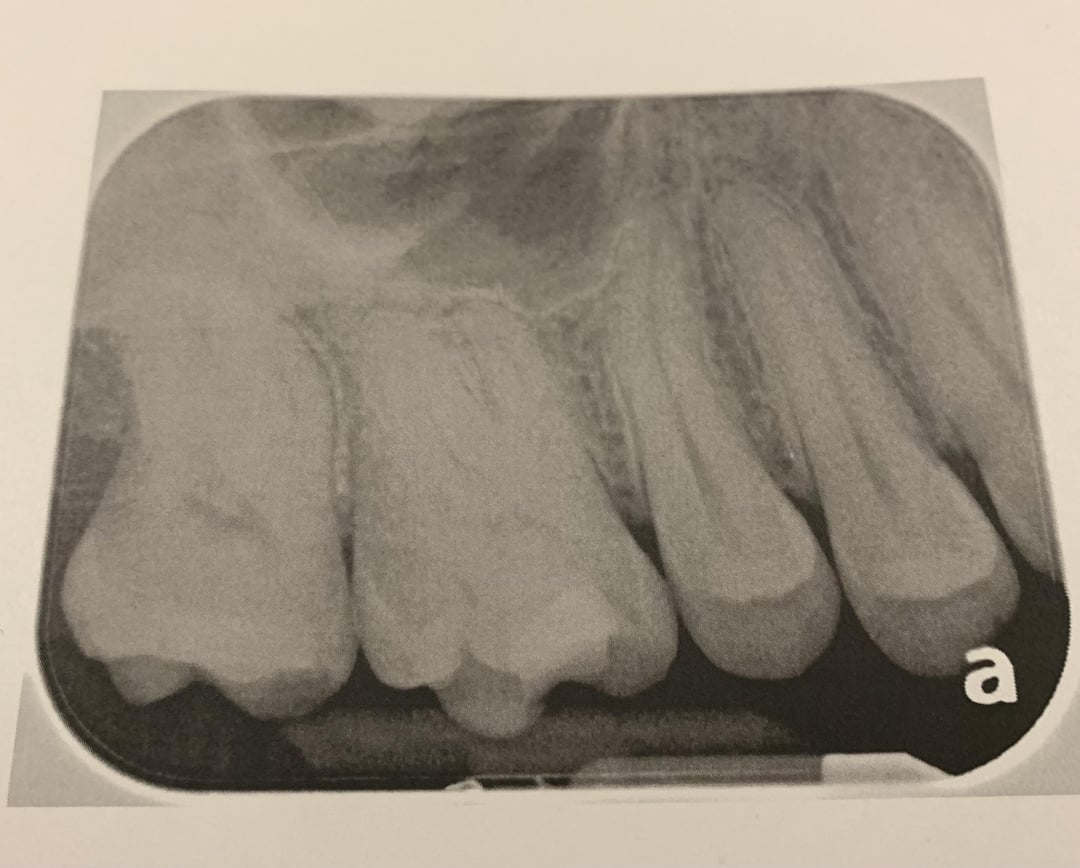Intermittent Tooth Pain

The enigmatic nature of intermittent tooth pain can be a source of frustration and anxiety for those who experience it. One moment, everything seems fine; the next, a sharp, stabbing sensation or a dull ache emerges, only to vanish just as mysteriously. This unpredictable pattern makes it challenging not only for the individual to understand what’s happening but also for dental professionals to diagnose and treat the issue. In this exploration, we’ll delve into the potential causes, symptoms, and management strategies for intermittent tooth pain, aiming to shed light on this complex dental phenomenon.
Causes of Intermittent Tooth Pain
Understanding the causes of intermittent tooth pain is crucial for effective management. The pain can stem from various sources, including:
Tooth Decay or Cavities: Early stages of tooth decay may not always cause constant pain. Sometimes, the pain can be intermittent, especially when the decay is approaching the pulp or when the tooth is under pressure.
Gum Recession: As gums recede, they expose the roots of the teeth, which can lead to sensitivity and intermittent pain when consuming hot, cold, sweet, or acidic foods and drinks.
Cracked Tooth Syndrome: A cracked tooth can cause intermittent pain, especially when chewing or biting. The crack can be microscopic and not visible on an X-ray, making diagnosis challenging.
Grinding or Clenching Teeth: Bruxism, or the habit of grinding or clenching the teeth, can lead to muscle tension and pain in the jaw. This pain can be intermittent, depending on when the grinding or clenching occurs.
Sinus Pressure: Sometimes, pain perceived as toothache can actually stem from sinus pressure. This is particularly true for the upper teeth, as the roots of these teeth are located close to the maxillary sinuses.
Dental Work: Recent dental procedures, such as fillings, crowns, or root canals, can lead to intermittent pain as the tooth and surrounding gum heal.
Temporomandibular Joint (TMJ) Disorders: Issues with the TMJ, which connects the jawbone to the skull, can cause pain in the jaw, face, and teeth, which can be intermittent.
Symptoms of Intermittent Tooth Pain
The symptoms of intermittent tooth pain can vary widely from person to person but typically include:
- Sudden, Sharp Pain: This can occur when eating, drinking, or even breathing through the mouth.
- Dull Ache: A constant but less intense pain that may come and go.
- Sensitivity: Teeth may be sensitive to temperature, sweet tastes, or pressure.
- Pain When Chewing or Biting: This can indicate a problem with a specific tooth or the jaw.
- Jaw Clicking or Locking: Signs of a potential TMJ disorder.
Management Strategies
Managing intermittent tooth pain involves a combination of self-care measures and professional dental evaluation. Here are some steps to consider:
- Keep a Pain Diary: Recording when the pain occurs, what triggers it, and how long it lasts can be invaluable in identifying patterns and potential causes.
- Practice Good Oral Hygiene: Regular brushing, flossing, and dental check-ups can help prevent or identify issues early.
- Avoid Triggering Foods and Activities: If certain foods or actions trigger pain, it’s best to avoid them until the issue is diagnosed and treated.
- Use Desensitizing Toothpaste: For sensitivity-related pain, using a toothpaste designed to reduce sensitivity can help.
- Relaxation Techniques: Stress-reducing techniques, such as meditation or deep breathing, can help manage bruxism and related pain.
Professional Evaluation
Given the potential complexity and variability of intermittent tooth pain, a comprehensive dental evaluation is essential. This may involve:
- Clinical Examination: A thorough check of the teeth, gums, and jaw to look for signs of decay, cracks, or other issues.
- X-Rays: To check for problems not visible to the naked eye, such as decay between teeth or issues with the tooth root.
- Bite Analysis: To evaluate how the upper and lower teeth come together, which can indicate issues with the bite or TMJ.
- Referral to a Specialist: In some cases, a visit to a dental specialist, such as an endodontist for root canal issues or an oral surgeon for more complex problems, may be necessary.
Conclusion
Intermittent tooth pain is a nuanced issue that requires patience, thorough investigation, and sometimes, a multidisciplinary approach to diagnose and treat effectively. By understanding the potential causes, recognizing the symptoms, and employing appropriate management strategies, individuals can better navigate this frustrating condition. Remember, while some self-care measures can provide relief, a definitive diagnosis and treatment plan from a dental professional are crucial for resolving intermittent tooth pain and ensuring long-term oral health.
What are the common causes of intermittent tooth pain?
+Common causes include tooth decay, gum recession, cracked tooth syndrome, grinding or clenching teeth, sinus pressure, and issues related to dental work or TMJ disorders.
How can I manage intermittent tooth pain at home?
+Keeping a pain diary, practicing good oral hygiene, avoiding trigger foods and activities, using desensitizing toothpaste, and trying relaxation techniques can help manage intermittent tooth pain.
When should I see a dentist about intermittent tooth pain?
+It’s essential to see a dentist as soon as possible if you’re experiencing intermittent tooth pain. Early evaluation can help identify the cause and prevent the issue from becoming more severe.
